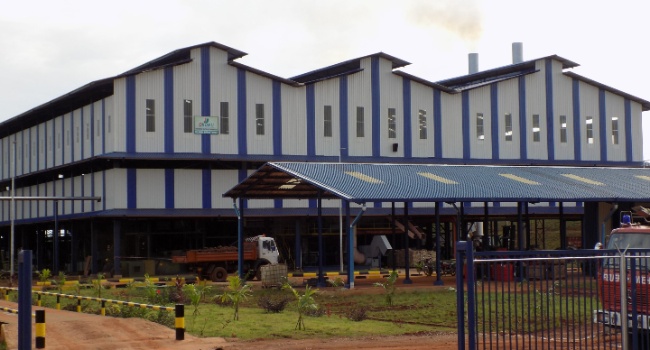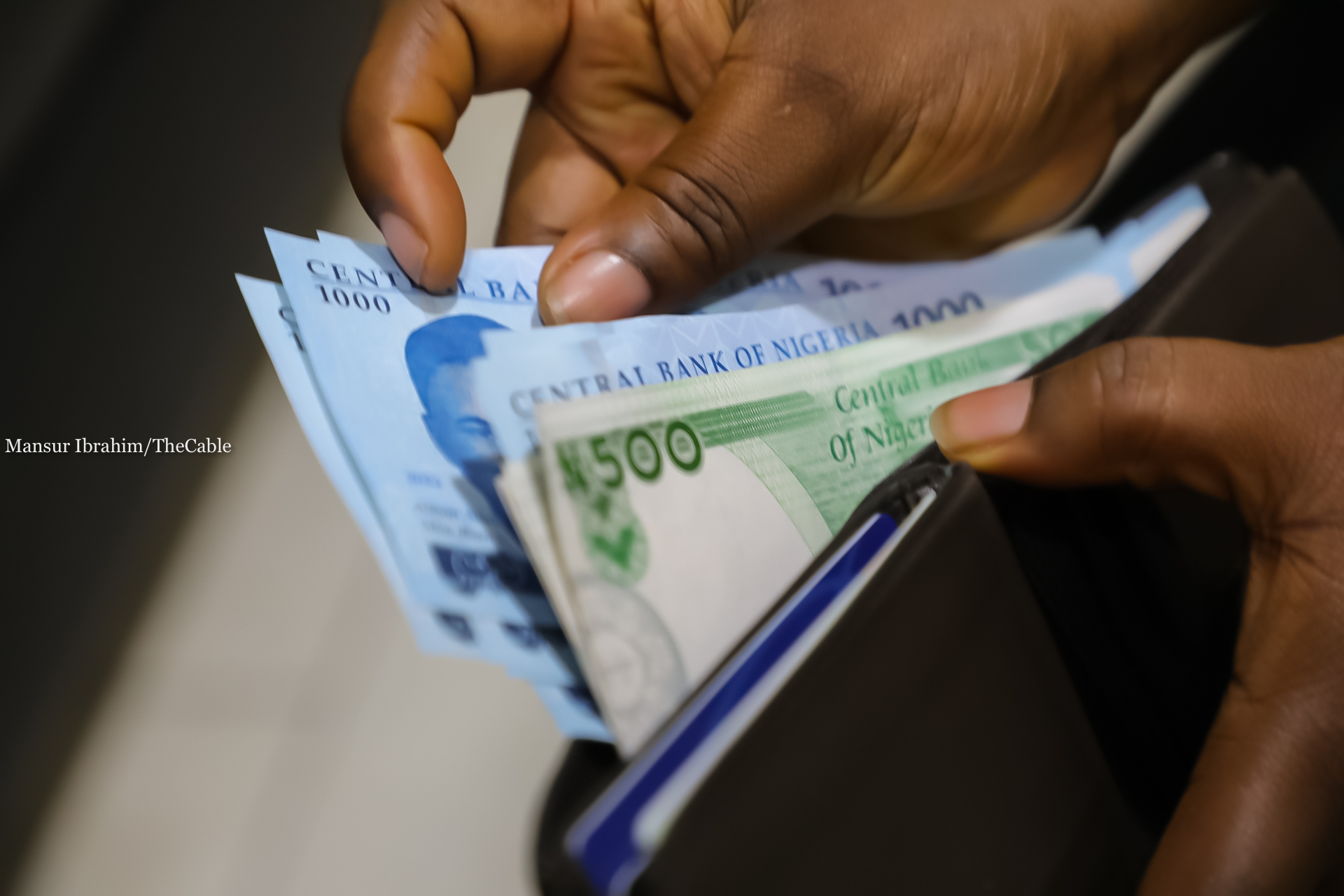The Association of Bureau De Change Operators of Nigeria (ABCON) has called for a review of the capital requirements set by the Central Bank of Nigeria (CBN).
Aminu Gwadabe, president of ABCON, spoke on May 23 during a panel session at an economic discourse organised by Vanguard Newspapers in Lagos state.
On May 22, CBN released the approved guidelines for bureau de change (BDC) operations in the country.
The apex bank raised the capital requirement for tier-1 BDC operators from N35 million to N2 billion, while tier-2 operators are mandated to have a capital base of N500,000 million.
Advertisement
The approved guidelines, made after consulting with stakeholders in the sector, are expected to take effect on June 3.
Gwadabe said the increase in the requirement for BDCs is “against international best practices”.
“The Bureau De Change sector has seen serious policy inhibitors. In 2014, just an exchange not a deposit bank, they increased the capital from N10 million to N35 million and now we are doing the same thing, even microfinance that is a bank, their capital base is N200 million and now we are raising the capital base of BDCs from N35 million to N500 million.- that is for Tier-2, Tier-1 is N2 billion. It is highly against global standards,” he said.
Advertisement
“Even in the U.K, the capital requirement for BDCs is £50,000 — that is like N100 million. In Uganda, capitalisation of BDCs is $13,000, in India it is $67,000. So, it is good regulators look at standards.”
Gwadabe called on CBN to review the N2 billion capital requirement for BDCs to fit into international standards, adding that ABCON members were open to collaboration with the apex banks on some of these policies.
Speaking on the volatility of the foreign exchange (forex) market, he said the weakening of the naira is caused by the unearned income pursuing the naira and not due to demand for the dollar.
He also said corruption, not BDCs, is responsible for the depreciation of the naira.
Advertisement
According to Gwadabe, some of the government policies aimed at tackling this were not feasible, adding that the exchange rate affects everything including migration and educational tourism.
Gwadabe further criticised the negative label given to BDCs as financiers of terrorism and the illicit flow of money.
Add a comment






